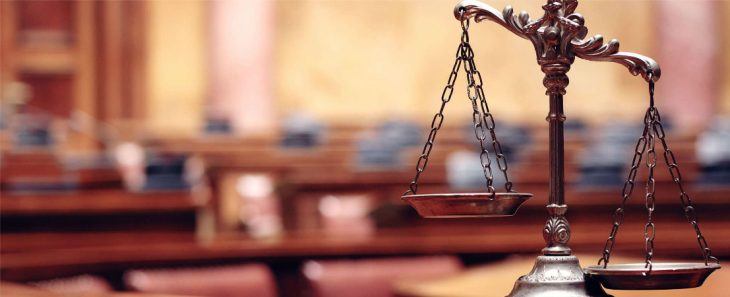Both same-sex parents not required on birth certificates, Arkansas Supreme Court rules
by December 8, 2016 8:56 pm 411 views

The Arkansas Supreme Court ruled 4-1 with two other justices both concurring and dissenting Thursday that the state is not required to list on a birth certificate the names of both parents in a same-sex marriage, unless there is a court order. The decision overturned an earlier circuit judge decision, because birth certificates are meant to describe a biological connection.
The case involved three same-sex couples who are parents of minor children: Marisa and Terrah Pavan, who have a child born to Marisa; Leigh and Jana Jacobs, who have a child born to Leigh; and Courtney M. Kassel and Kelly L. Scott, who have a child born to Kassell.
All of the children were conceived through artificial insemination involving an anonymous donor, and in all three cases, the Department of Health denied the request to include the biological mother’s wife on the birth certificate.
In an earlier ruling, Pulaski County Circuit Judge Timothy Fox had said the state was violating the parents’ constitutional rights to equal protection and due process under the Obergefell v. Hodges case, where the U.S. Supreme Court ruled marriage is a fundamental right of same-sex couples. He ordered Dr. Nathaniel Smith, the director of the Department of Health, to issue amended birth certificates with both parents’ names. Smith was listed as the appellant in the case and was represented by Attorney General Leslie Rutledge.
In her majority opinion, Associate Justice Jo Hart ruled that the Obergefell case did not address birth certificates, and that statutes have “a strong presumption of constitutionality. … When possible, we will construe a statute so that it is constitutional.”
She wrote that the law requires birth certificates to list biological mothers and fathers so that the Department of Health can accurately record the individual’s health history and track public health trends. Husbands in opposite sex couples are listed if they are married to the mother at the time of conception or birth or between those times, but they can be left off the birth certificate if they are determined not to be the biological parent.
“In the situation involving the female spouse of a biological mother, the female spouse does not have the same biological nexus to the child that the biological mother or the biological father has,” she wrote. “It does not violate equal protection to acknowledge basic biological truths.”
Fox had ruled that failing to include both same-sex spouses could affect their legal status regarding identification for Social Security numbers and passports, the ability to authorize medical care, inheritance and other issues. Hart wrote that no evidence was presented that those issues would be solved based on being listed on a birth certificate.
Justice Paul Danielson dissented, saying that the Obergfell opinion’s mention of “birth and death certificates” meant they are a benefit attached to being married. He noted the reference to “husband” in state law.
“The obvious reason for this is to legitimate children whenever possible, even when biological ties do not exist,” he wrote.
Chief Justice Howard Brill and Justice Rhonda Wood concurred in part and dissented in part with the ruling, both arguing that state laws should be changed.
In her majority ruling, Justice Hart reprimanded Judge Fox for writing that the Supreme Court previously had denied individuals their constitutional rights.
“A remark made to gain the attention of the press and to create public clamor undermines ‘public confidence in the independence, integrity, and impartiality,’ not only of this court, but also of the entire judiciary,” she wrote.
Danielson, Brill and Wood dissented from the admonishment of Judge Fox. Danielson wrote, “Injury to official reputation is an insufficient reason for repressing speech that is otherwise free, and speech cannot be punished when the purpose is simply” to protect the Court’s reputation.
